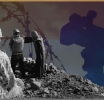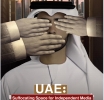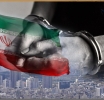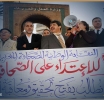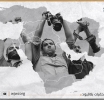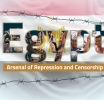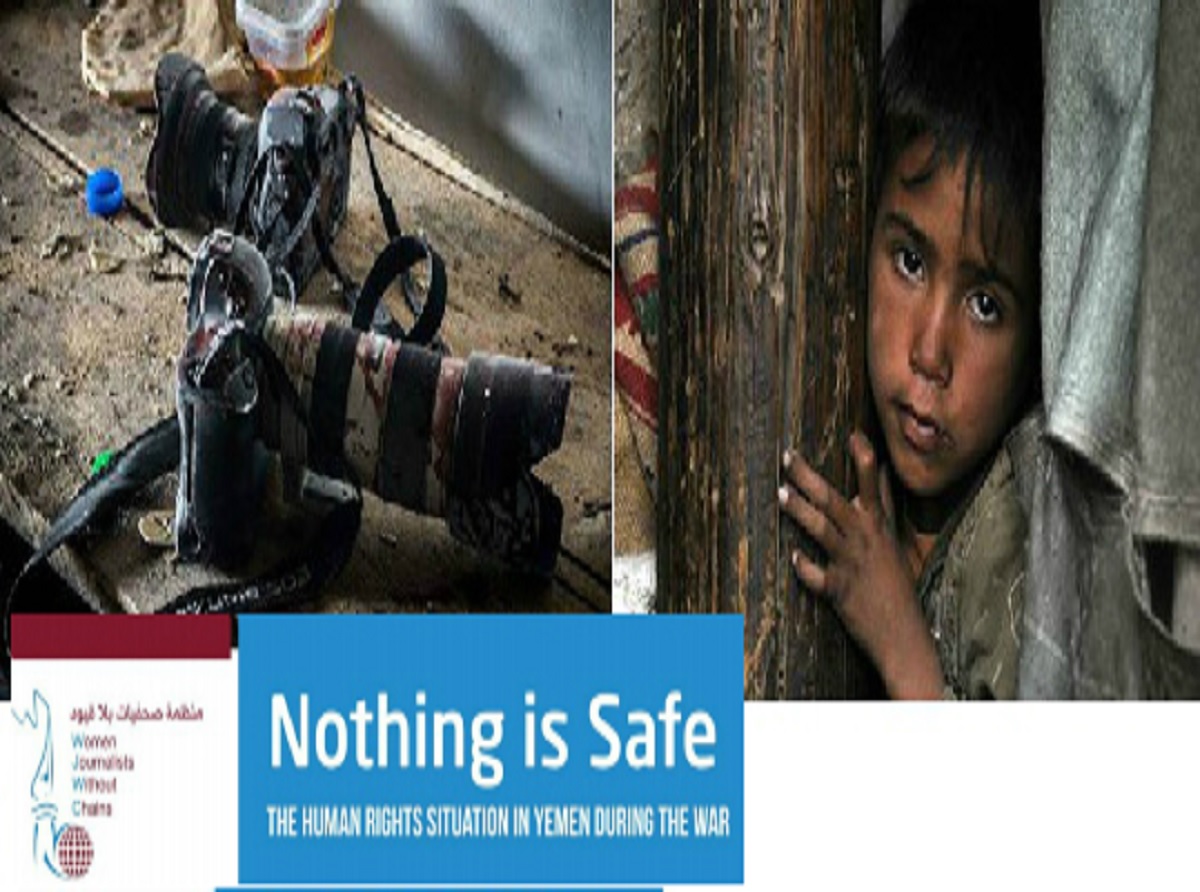Official and non-official media outlets in Yemen have become platforms for triggering waves of hostility and sectarianism and other fronts of conflict in which each party scores his field victories at the expense of issues of people and the public.
Only poor media coverage is now being given to Yemenis whose suffering is hardly dealt with without sharp political exploitation by these media outlets, which always hold certain opposition parties accountable for causes and consequences, and abuse this suffering solely for political purposes.
The Yemeni media are mainly characterized by the inadequacy of professional evaluation of events, lack a clear post-event strategy and vision and don’t raise society’s hopes so as to motivate it to find solutions to immediate problems. Instead, the media present the ongoing problems and conflicts as a political game, and deal with events and repercussions as a propaganda, without relying on the facts, in addition not to convey the voice of the public. All this has made these media ineffective.
Since September 2014, developments of events have put the Yemeni media in the flaming front line. After all the accumulations of Yemeni politics were destroyed, the process of change, which was crowned by popular uprising in 2011, was undermined, and a new authority known as the de facto authority was formed as a result of rapid developments, the media and press in Yemen were one of the most targeted aspects of life, and were greatly affected in terms of nature, structure, performance and impact.
The Houthis' takeover of a number of official media institutions led to a split within Yemen’s state media, which have been torn between the coup’s authority and the internationally-recognized government. This contributed to enabling the putschists to convey their messages and discourse, which were limited only to their followers, to a wide audience of Yemenis, in an attempt to legitimize the coup and impose a fait accompli. To this end, the forces of the coup d'état first took control of the most influential media such as television and radio station, while seizing control of the rest of the media institutions was delayed until later because of their limited influence.
On the other hand, severe restrictions imposed on non-government media outlets loyal to the coup’s opponents by the Houthis led to the space of media freedom receding, after the media opening witnessed in the period after the popular uprising in 2011. Only the one-voice media was left in the scene especially after the media began to search for alternatives in areas not under the coup’s control.

 En
En  Ar
Ar 